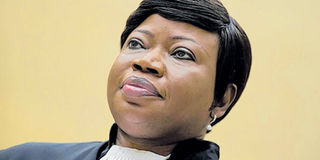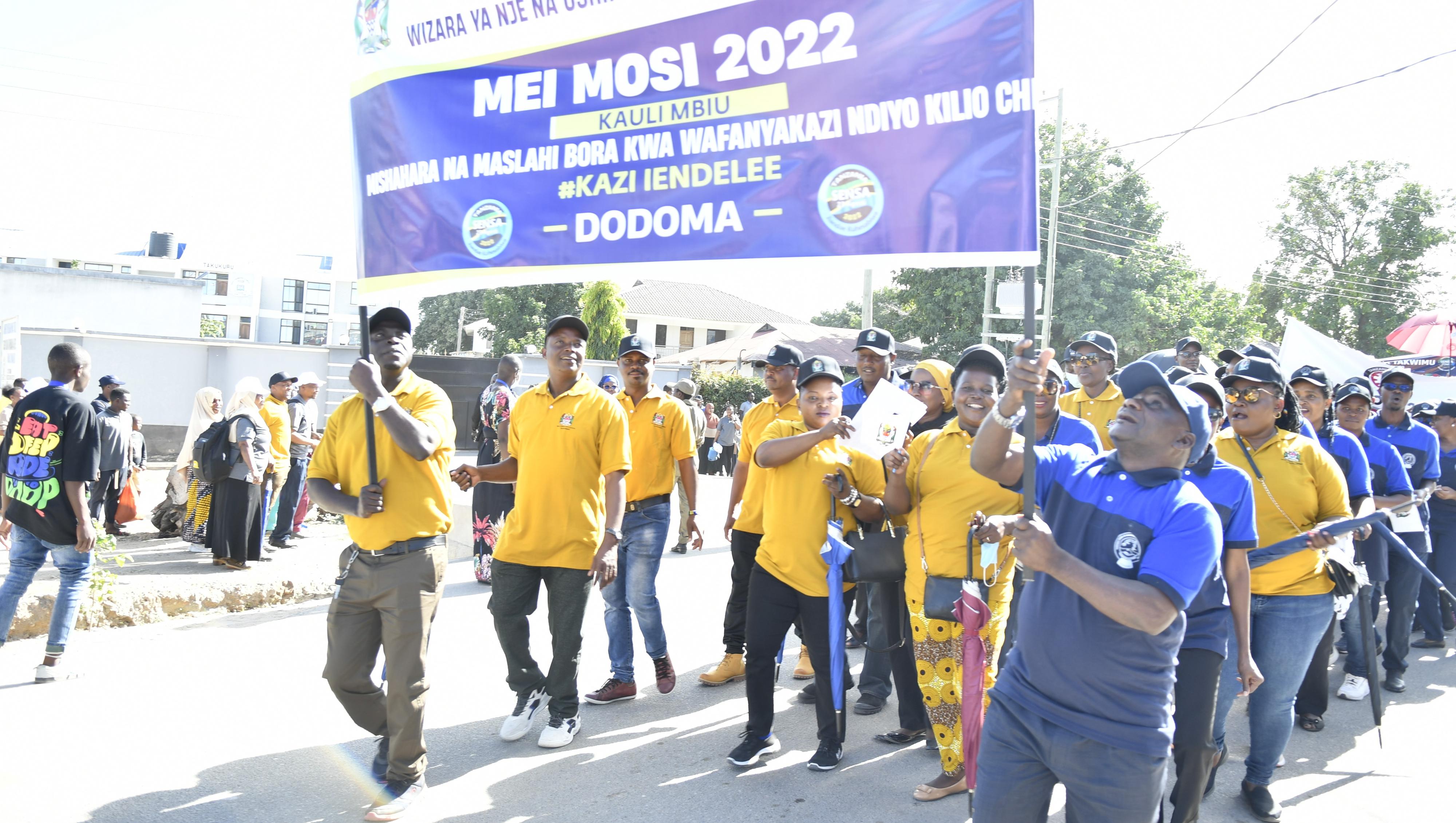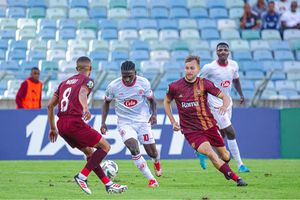Analysing the drawn-out saga of Libya and the ICC

International Criminal Court Prosecutor Fatou Bensouda. PHOTO | FILE
What you need to know:
- Speaking in May, Bensouda urged Libya to swiftly hand over Saif al-Islam Gaddafi, the son of former leader Muammar Gaddafi, so he could be prosecuted for crimes against humanity in The Hague. She also said she was considering launching an investigation into crimes against migrants in the country, a situation she called “dire and unacceptable”.
When International Criminal Court Prosecutor Fatou Bensouda addressed the UN Security Council in May, she assured the assembled nations that Libya was a priority in 2017. Halfway into the year, there’s little sign of progress or justice.
Speaking in May, Bensouda urged Libya to swiftly hand over Saif al-Islam Gaddafi, the son of former leader Muammar Gaddafi, so he could be prosecuted for crimes against humanity in The Hague. She also said she was considering launching an investigation into crimes against migrants in the country, a situation she called “dire and unacceptable”.
Neither the Gaddafi case nor any future charges relating to the migrants are likely to be easy wins for the court, which has had little impact on the rampant impunity in Libya, where civilians bear the brunt of ongoing violence.
Elham Saudi, director of the NGO Lawyers for Justice in Libya, which advocates for human rights in the country, is pessimistic about the court’s accomplishments since it began investigations in the wake of Gaddafi’s 2011 ouster: “Has [the ICC] promoted peace and security in Libya? No. Has it promoted the rule of law? No. Has it promoted due process or fair trials? No.”
The ICC charged Gaddafi with murder and persecution – both crimes against humanity – in 2011, and he was last seen in 2014 by video link during a domestic trial in Tripoli for crimes committed during the revolution that led to his father’s overthrow.
He and 32 other Gaddafi-era officials, including former intelligence chief Abdullah al-Senussi, were convicted of various offenses committed during the 2011 uprising, in a trial that international human rights groups said was undermined by serious due process violations, including the defendants’ lack of access to lawyers.
Gaddafi was tried in absentia, as he was then being held by the Abu Bakr al-Siddiq Brigade, a militia based in northwest Libya’s Zintan.
This June, the brigade posted a statement online saying it had released Gaddafi following an amnesty law passed by one of Libya’s competing authorities, the Tobruk-based parliament. A UN-backed Government of National Accord sits in the capital Tripoli, as does a third would-be government, the National Salvation Government. Gaddafi’s ICC lawyer Karim Khan confirmed to IRIN that his client is still in Libya, although he would not elaborate on his exact whereabouts or if he has in fact been released.
“He’s well, and I’ve spoken to him in the last few days,” Khan told IRIN, adding he met with Gaddafi in Libya last summer.
Khan said he plans to challenge the admissibility of the ICC’s case against his client. One argument open to the defence, Khan said, is double jeopardy – that the case against Gaddafi has already been “tried and determined” in the courts of Libya.
Khan is also likely to raise the case of al-Senussi, who the ICC also charged with crimes against humanity. ICC judges declared his case inadmissible, in a controversial ruling that he could receive a fair trial in Libya (the ICC is a court of last resort and only steps in when countries are unwilling or unable to prosecute).
Despite the al-Senussi ruling, Libya was unsuccessful in challenging the ICC’s case against Gaddafi, and the judges decided he should be tried in The Hague.
But that doesn’t mean he will ever set foot in an international courtroom. Kevin Jon Heller, an academic at the University of Amsterdam, doubts that Libya will ever hand Gaddafi over to the ICC, in the absence of its own police force relies on member countries to make arrests. “It’s sort of performance art,” he told IRIN.
The writer is a UK-based journalist and documentary filmmaker specialising in international justice issues




